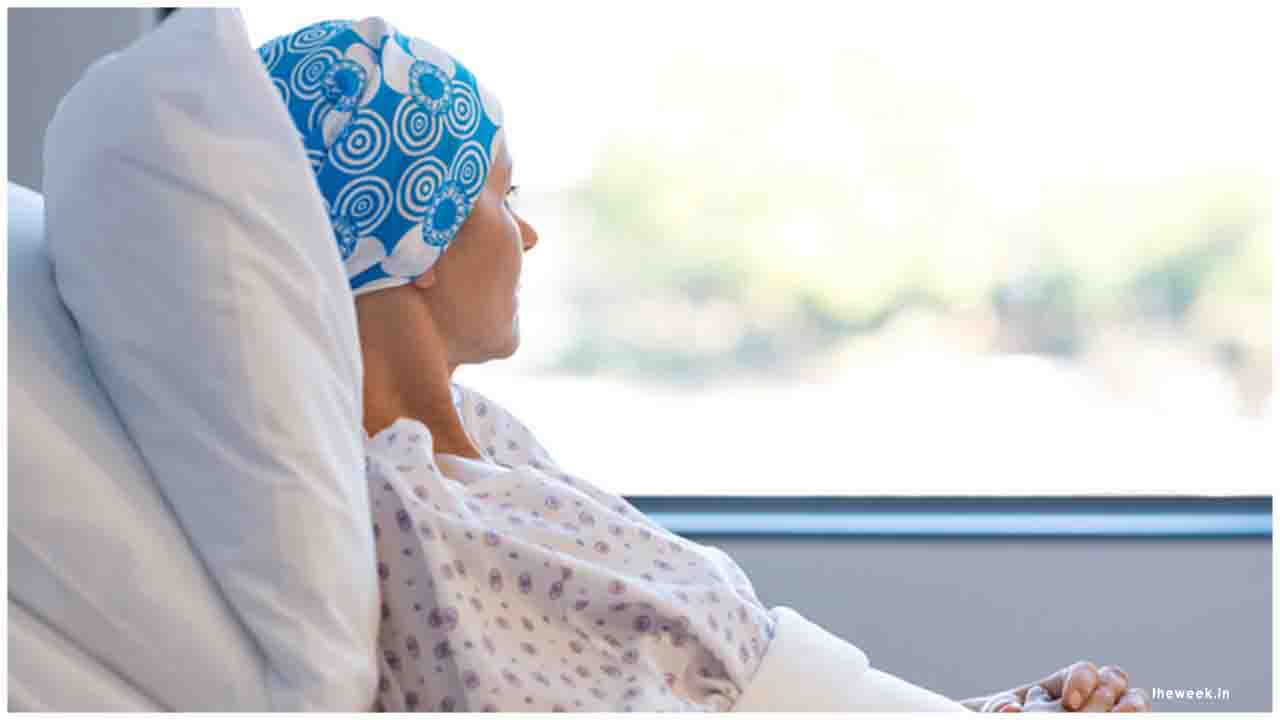People whose treatment for cancer is delayed by even one month have in many cases a 6 to 13% higher risk of dying – a risk that keeps rising the longer their treatment does not begin – suggests research published online in The BMJ.
Canadian and UK researchers found there was a significant impact on a person’s mortality if their treatment was delayed, whether that be surgical, systemic therapy (such as chemotherapy), or radiotherapy for seven types of cancer.
Globally, health systems have problems with cancer treatment delays and it is already widely accepted that such delays can have adverse consequences on a patient’s outcome. But the precise impact of delays from diagnosis to receipt of treatment on mortality has not been thoroughly analysed.
The need for better understanding of the impact of treatment delay on outcomes has come into focus during the COVID-19 pandemic because many countries have experienced deferral of elective cancer surgery and radiotherapy as well as reductions in the use of systemic therapies, while health systems have directed resources to preparing for the pandemic.
Therefore, a team of researchers led by Timothy Hanna from Queen’s University in Kingston, Canada, carried out a review and analysis of relevant studies into the subject published between January 2000 and April 2020.
These studies had data on surgical interventions, systemic therapy (such as chemotherapy), or radiotherapy for seven forms of cancer – bladder, breast, colon, rectum, lung, cervix, and head and neck – that together, represent 44% of all incident cancers globally.
Their main outcome measure was the risk to overall survival per four-week delay for each indication and delays were measured from diagnosis to first treatment, or from the completion of one treatment to the start of the next.
They found 34 suitable studies for 17 types of conditions that needed to be treated (indications) involving more than 1.2 million patients, collectively. The association between delay and increased mortality was significant for 13 of these 17 indications.
Analysis of the results showed that across all three treatment approaches, a treatment delay of four weeks was associated with an increase in the risk of death.
For surgery, this was a 6-8% increase in the risk of death for every four-week treatment delay whereas the impact was even more marked for some radiotherapy and systemic indications, with a 9% and 13% increased risk of death for definitive head and neck radiotherapy and adjuvant (follow-up) systemic treatment for colorectal cancer, respectively.
In addition, the researchers calculated that delays of up to eight weeks and 12 weeks further increased the risk of death and used the example of an eight week delay in breast cancer surgery which would increase the risk of death by 17%, and a 12 week delay that would increase the risk by 26%.
A surgical delay of 12 weeks for all patients with breast cancer for a year (for example during COVID-19 lockdown and recovery) would lead to 1,400 excess deaths in the UK, 6,100 in the United States, 700 in Canada, and 500 in Australia, assuming surgery was the first treatment in 83% of cases, and mortality without delay was 12%.
The researchers used an example from the UK’s NHS, which at the beginning of the COVID-19 pandemic, created an algorithm to prioritise surgery.
A number of conditions had been considered safe to be delayed by 10 to 12 weeks with no predicted impact on outcome, including all colorectal surgery.
“Therefore, our results can help to directly inform policy—we found that increasing the wait to surgery from six weeks to 12 weeks would increase the risk of death in this setting by 9%,” they said.
The authors acknowledged that their study had limitations such as the fact that it was based on data from observational research which cannot perfectly establish cause, and it was possible that patients with longer treatment delays were destined to have inferior outcomes for reasons of having multiple illnesses or treatment morbidity.
Nevertheless, their analysis was based on a large amount of data and they ensured that they only included high quality studies that had high validity, meaning they accurately measured what they were investigating.
Hanna concludes: “A four week delay in treatment is associated with an increase in mortality across all common forms of cancer treatment, with longer delays being increasingly detrimental.
“In light of these results, policies focused on minimising system level delays in cancer treatment initiation could improve population level survival outcomes.”

 Minimising delays to treatment could improve cancer survival rates, say researchers
Minimising delays to treatment could improve cancer survival rates, say researchers






.png)














.jpeg)

.jpeg)
.jpeg)
.jpeg)

.jpeg)
.jpeg)
.jpeg)
_(1).jpeg)

_(1)_(1)_(1).jpeg)
.jpeg)
.jpeg)
.jpeg)






